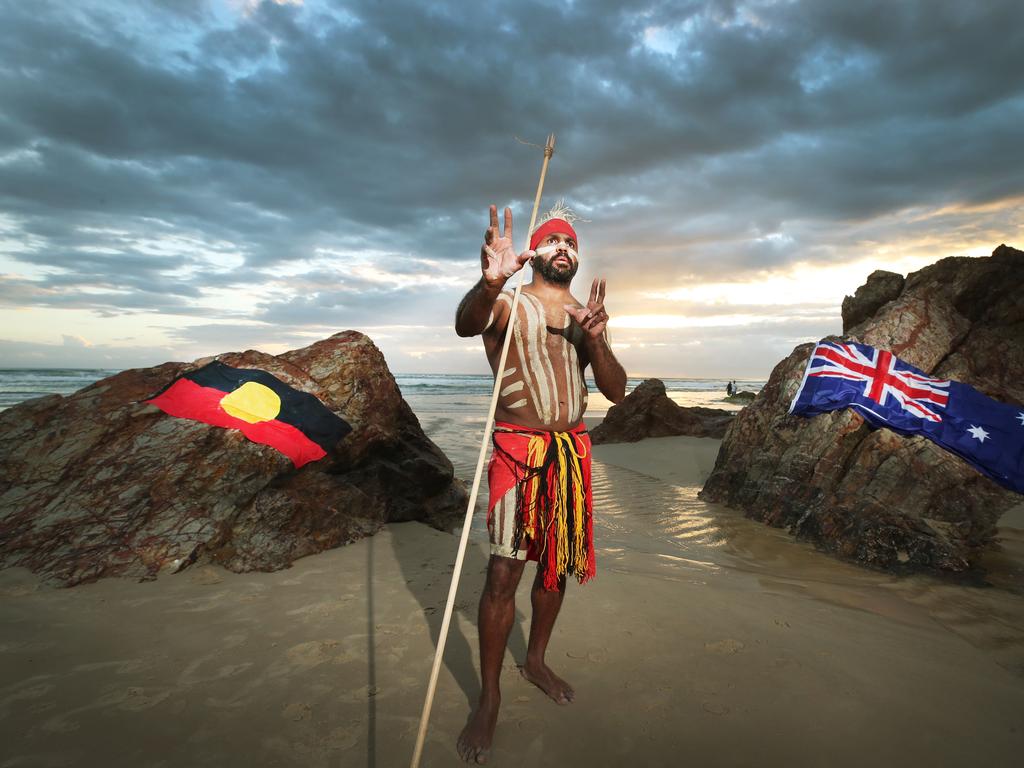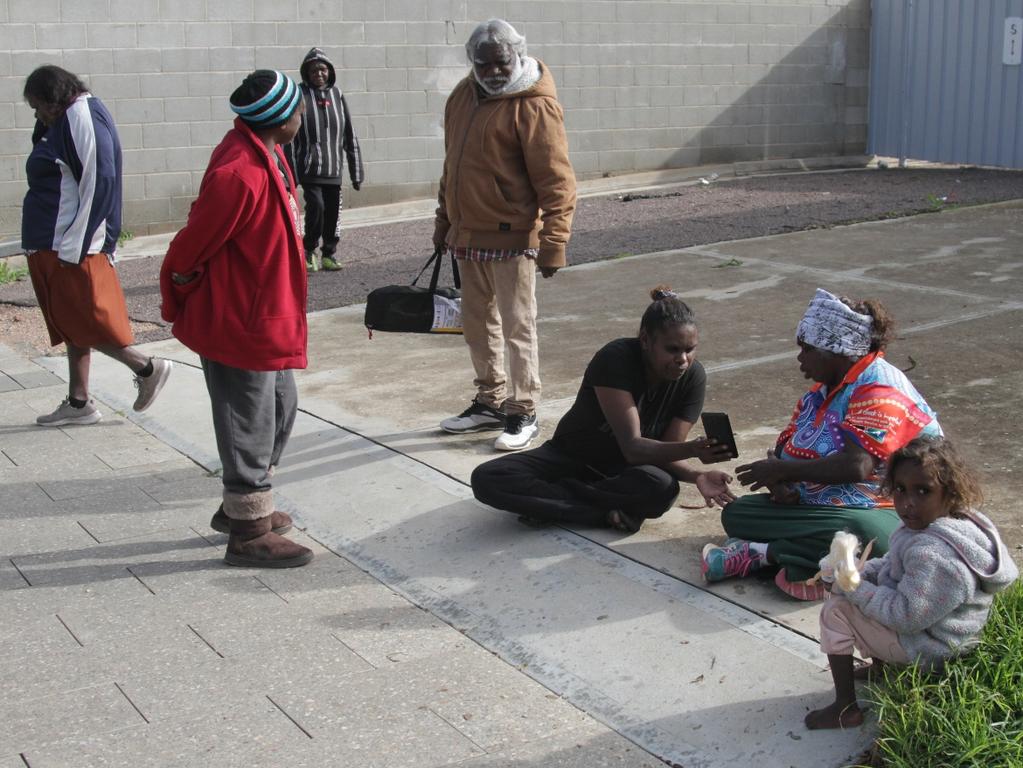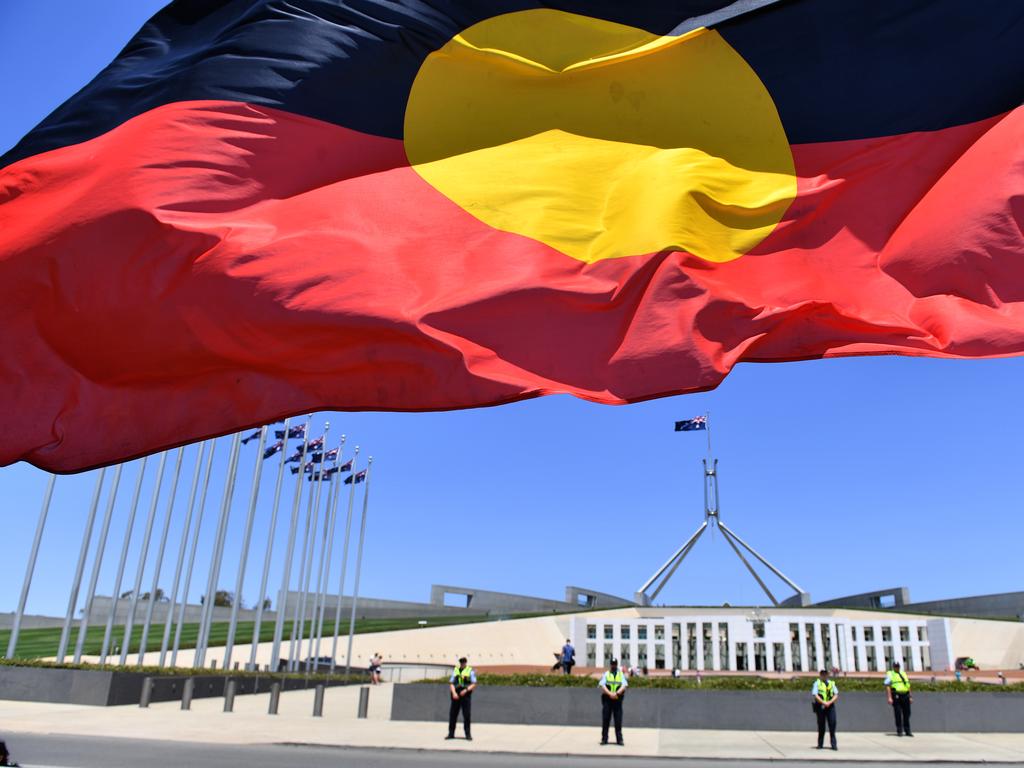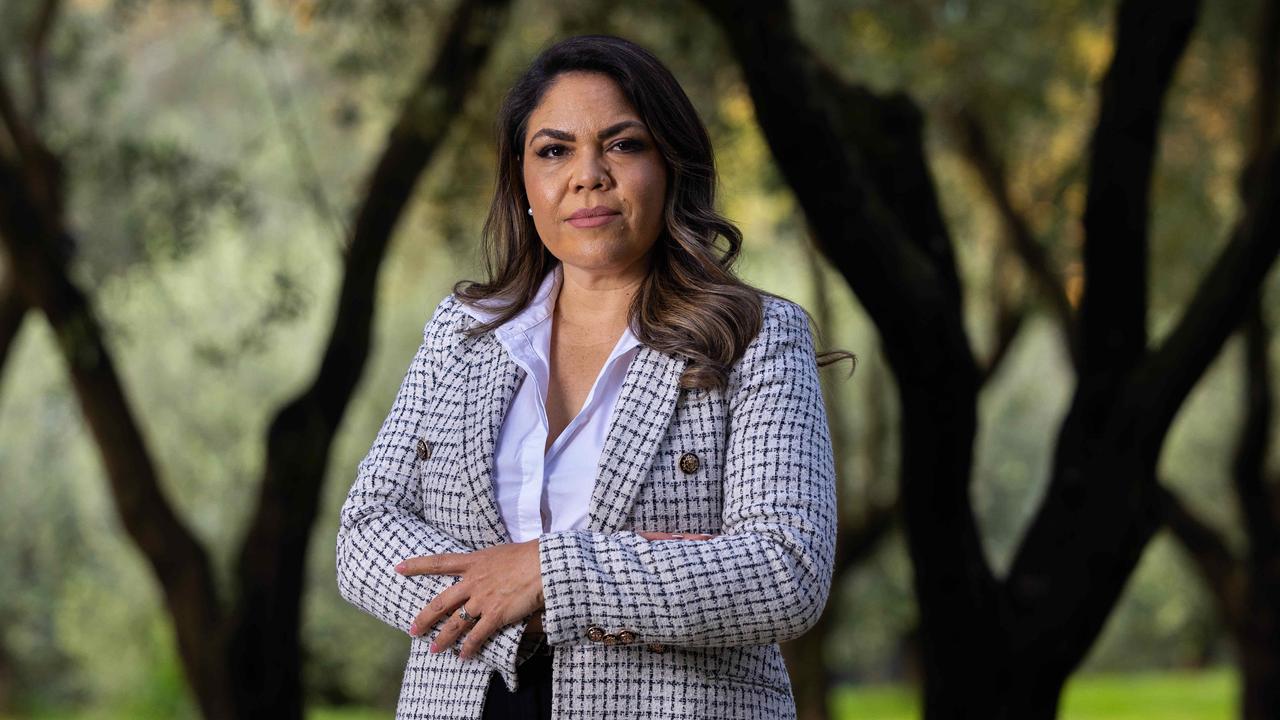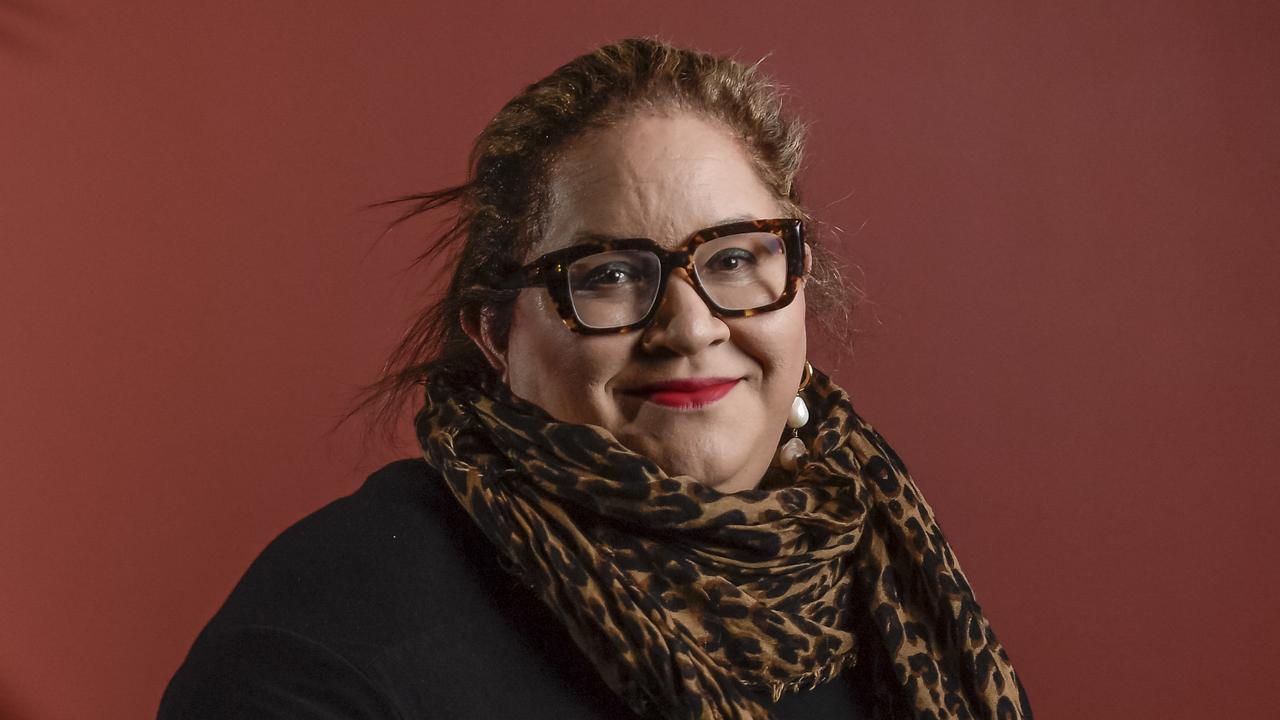South Australia to ease concerns with a voice of its own
South Australia will implement its own voice to parliament next year.
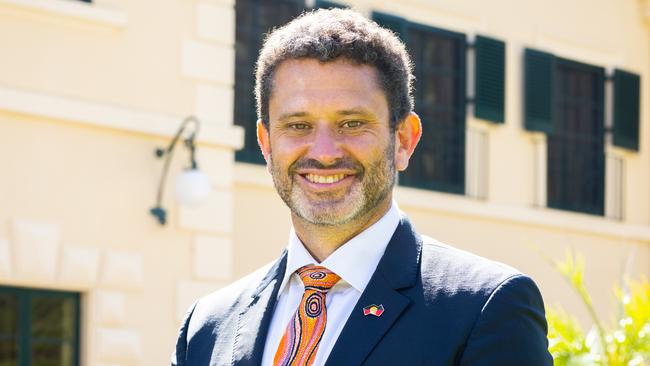
South Australia will implement its own voice to parliament next year, with the state’s first Indigenous Attorney-General saying it will help reassure wary Australians it is “in no way” a third chamber that undermines democracy.
With the Albanese government hoping to put a referendum on a federal voice at the next election, SA’s decision to become the first state to implement a formal parliamentary voice in line with the Uluru Statement will give the nation a preview of how the model would work.
The plan is all but guaranteed to pass the SA parliament, with the Liberal opposition offering enthusiastic in-principle support, having itself moved towards creating a voice during the past four-year term of the Marshall government.
Attorney-General and Indigenous Affairs Minister Kyam Maher said the SA model would go further than the First People’s Assembly of Victoria in that it would give specific advice to the SA government on proposed legislation, as per the Uluru Statement.
Mr Maher, a former senior lawyer with the Crown Solicitor’s Office who is of Tasmanian Aboriginal ancestry, said he believed the SA voice would aid the creation of a national consensus for constitutional change.
He said that while the SA government was committed to all three elements of the Uluru Statement – voice, treaty and truth – SA would take a gradual approach by starting with the voice component before exploring treaty and truth.
“What we do in South Australia will give a lot of comfort to people about how a federal voice might look,” he said.
“There have been so many false claims about what a voice will or won’t be. Having one up and running here will show that people have nothing to fear. It is hard to fathom how giving Aboriginal people a say in the decisions that affect their lives isn’t something we would all welcome.”
The Australian understands Mr Maher met federal Indigenous Affairs Minister Linda Burney in Adelaide this month and walked her through SA’s plans.
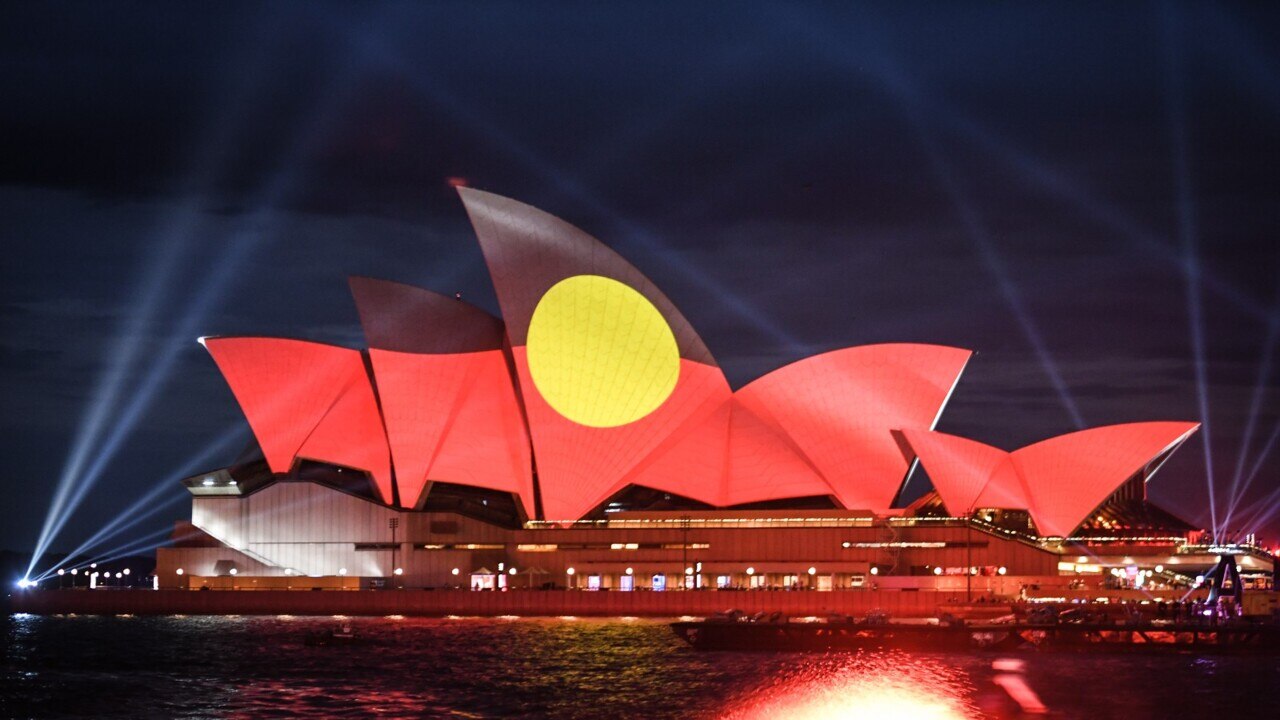
The state’s move to win bipartisan support for the voice will be made easier by its decision to separate it from the treaty and truth component. In its final year ahead of its 2018 defeat, Jay Weatherill’s Labor government allocated $4.4m for the creation of treaties with three of SA’s largest Aboriginal nations.
Those talks became bogged down amid confusion over who would or would not be included in the treaty process and were abandoned with Labor’s 2018 loss.
Mr Maher said Labor wanted to restart that process with fresh eyes, but that in his talks with Indigenous groups, the key thing they wanted was the input into the making of laws for their communities as per the voice.
“One of the things that keeps coming up is that our people we want to be at the forefront of decisions that affect our lives, and that’s in areas like health, education, the justice system,” he said.
Mr Maher said the government had not yet decided on the final model but it was likely to be combination of elected and appointed people from SA’s First Nations groups. He stressed that SA Labor was committed to honouring the Uluru Statement in full, regardless of what happens at the federal level.
“During NAIDOC week in 2019, just after Labor lost the federal election, we recommitted ourselves to the Uluru Statement because we were concerned that its implementation was not going to happen nationally,” he said.
“We promised that if we won the next election we would do a state-based implantation of the Uluru statement, which would be Voice, Treaty and Truth.
“We will look to see how our model and the new federal plans work together, but we will be pressing ahead with consultations in the coming months about the Voice to parliament and then restart Treaty discussions some time after that.
“We will be going ahead with it anyway. I expect it will be some time next year when the voice component is implemented.”
Mr Maher said it was important states adopted the voice because they bore the brunt of service delivery in health, housing, education and law enforcement, where the need for Indigenous input was at its most crucial.
Opposition Indigenous affairs spokesman Josh Teague said he agreed with Mr Maher’s assessment of the need for a state-based voice. He said that in government the Liberals had worked with the Commissioner for Aboriginal Engagement Roger Thomas on how a voice to could operate. “Our work with Dr Thomas last term led to a consensus that voice is importantly first,” Mr Teague said.
More Coverage
Read related topics:Indigenous Recognition


